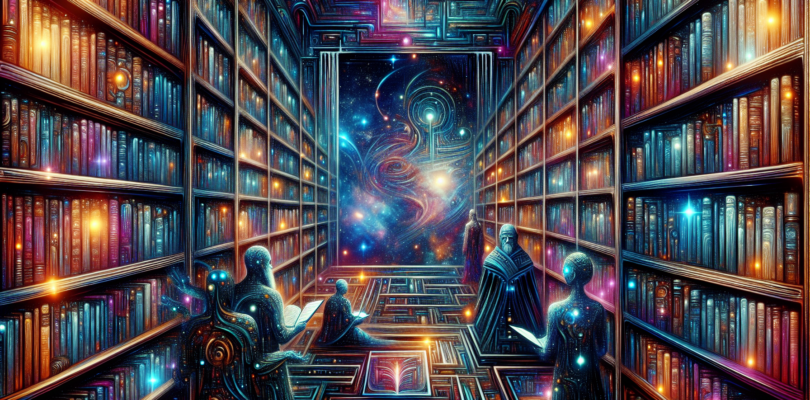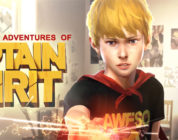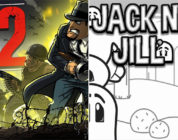Introduction to the Star Wars Universe
The Star Wars series, created by George Lucas, is one of the most popular and influential franchises in the world of science fiction and entertainment. Starting with the original film, Star Wars: Episode IV – A New Hope, released in 1977, the franchise quickly expanded into a comprehensive universe that includes movies, TV series, books, comics, video games, and more.
The Original Trilogy
The saga began with the original trilogy, which includes A New Hope, The Empire Strikes Back (1980), and Return of the Jedi (1983). These films follow the journey of Luke Skywalker, a young farmer who becomes a key figure in the Rebel Alliance’s struggle against the tyrannical Galactic Empire. The trilogy is notable for its groundbreaking visual effects, compelling storytelling, and introduction of iconic characters like Darth Vader, Princess Leia, and Han Solo.
The Prequel Trilogy
In 1999, George Lucas embarked on expanding the narrative with the prequel trilogy, starting with The Phantom Menace, followed by Attack of the Clones (2002) and Revenge of the Sith (2005). These films explore the backstory of key characters like Anakin Skywalker, who would eventually become Darth Vader, and the political events that led to the rise of the Empire. Despite mixed reviews, the prequels added depth to the universe and introduced new favorites such as Obi-Wan Kenobi, as portrayed by Ewan McGregor, and Padmé Amidala.
The Sequel Trilogy and Standalone Films
The acquisition of Lucasfilm by Disney in 2012 led to the production of the sequel trilogy, which revisits old characters and introduces new ones. The Force Awakens (2015), The Last Jedi (2017), and The Rise of Skywalker (2019) continue the saga of the Skywalker family and the eternal battle between the Jedi and the Sith. Alongside the main trilogies, standalone films like Rogue One (2016) and Solo (2018) delve into the broader Star Wars history, providing background on events and characters mentioned in the main series.
Television Expansions
Star Wars has also made significant inroads into television, with several animated and live-action series. Star Wars: The Clone Wars, an animated series launched in 2008, and its successor, Star Wars Rebels, expand on the narrative between the prequel and original trilogies. More recently, live-action series such as The Mandalorian, which debuted on Disney+ in 2019, have gained critical acclaim and fan following, introducing elements like the beloved character Grogu, popularly known as Baby Yoda.
Impact on Popular Culture
Star Wars has left an indelible mark on popular culture with its vast array of memorable characters, its mythic themes, and its pioneering special effects. It has inspired countless other works in various media and continues to be a cornerstone of fan discussions, analyses, and celebrations around the world.
Future of Star Wars
Looking forward, the Star Wars universe shows no signs of slowing down. With plans for new films, such as the Rogue Squadron directed by Patty Jenkins, and several new series slated for release on Disney+, including Obi-Wan Kenobi, Ahsoka, and Andor, the exploration of the galaxy far, far away continues to thrive and expand, promising more thrilling adventures and deeper dives into its complex lore.
Conclusion
From its iconic characters and scenes that have become cultural touchstones, to its broad philosophical themes about the conflict between good and evil, Star Wars remains a beloved franchise. Its ability to continually expand and reinvent itself while staying true to its roots is a testament to its enduring appeal and importance in the broader context of science fiction and cinema.





